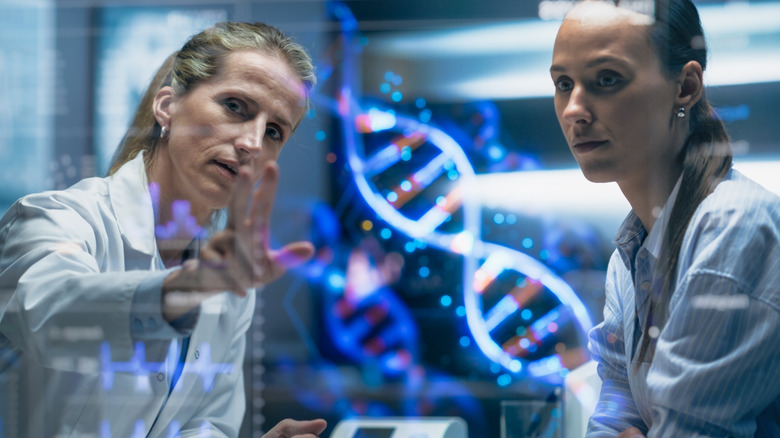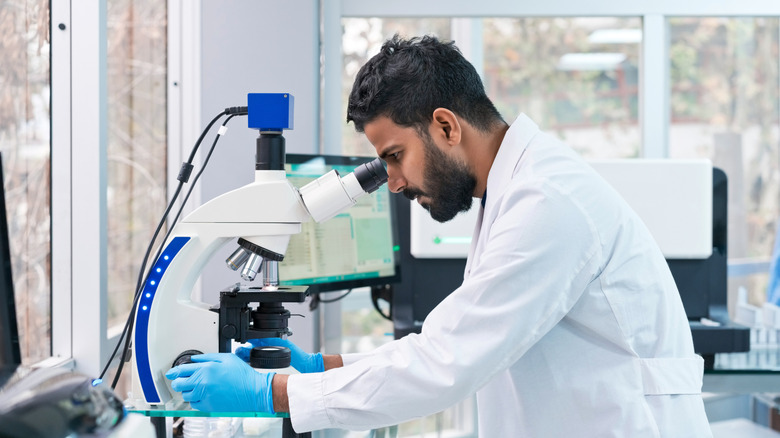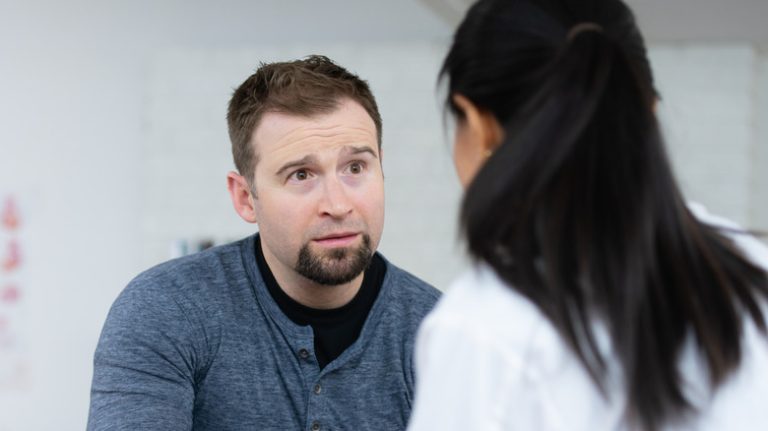
Your body is composed of trillions of cells, each performing specific tasks essential for your survival. As highlighted in a 2016 article from PLOS Biology, approximately 97% of these cells include red blood cells, glial cells, endothelial cells, dermal fibroblasts, platelets, and bone marrow cells. The other 3% is made up of roughly 50 different specialized cell types.
Cells possess their own form of intelligence due to the nucleus. Within the nucleus are chromosomes, which contain thousands of genes. These genes ensure cells function correctly, particularly in regulating the cell’s growth, division, and death.
(Discover how your lifestyle influences your cancer risk.)
Occasionally, when cells divide, changes can occur in their genes, known as mutations. Mutations can arise if a gene is damaged, improperly copied, or duplicated excessively. Cancer begins when a single cell accumulates six distinct mutations, causing it to behave abnormally, such as dividing uncontrollably. It may take years for this cancerous cell to multiply sufficiently to be detected as a tumor (per Cancer Research UK).
Not all genetic mutations lead to cancer

You might have heard of genetic mutations like BRCA1 or BRCA2, which are associated with breast, ovarian, prostate, and pancreatic cancers. However, not all genetic mutations lead to cancer, as noted by the American Cancer Society. Some mutations have minimal or no effect on the proteins that influence cellular behavior.
Certain genetic mutations are inherited from your parents and can determine traits such as eye or hair color. Even inherited mutations linked to diseases like cancer do not always result in the disease. In fact, most cancers are not due to inherited mutations. (Interestingly, some cancers can be detected through genetic testing).
Many genetic mutations are acquired during one’s lifetime. These may result from exposure to factors like UV radiation, chemicals, viruses, or tobacco smoke, but they can also occur randomly as cells divide. Most cancers are triggered by these acquired mutations. Your risk of developing cancer increases with age, partly because your cells have had more time to accumulate mutations through repeated divisions over the years (FYI, aging has an unexpected impact on your cancer risk, but only after you reach 80).
Types of gene mutations that can cause cancer

While some gene mutations have little to no impact on cellular behavior, others can contribute to tumor development, according to the Canadian Cancer Society. It’s important to remember that more than one genetic mutation is necessary for cancer to develop and spread. Healthy cells contain proto-oncogenes, which are genes regulating when a cell should grow and divide. These genes “turn on” to promote cell division when needed and “turn off” to prevent excessive growth. When a proto-oncogene mutates, it can become an oncogene that lacks an “off” switch, leading to uncontrolled cell division and potentially cancer. For instance, HER2 is an oncogene involved in certain breast cancers, and KRAS mutations are commonly linked to pancreatic cancer.
Cells also have tumor suppressor genes, which help slow down cell growth and trigger cell death when necessary. When these genes mutate, their protective functions are lost, allowing abnormal cells to grow unchecked. One of the most well-known tumor suppressor genes is TP53, mutated in about 50% of all cancers.
Your cells also house DNA repair genes that correct errors occurring during DNA copying in cell division. If these repair genes are damaged or malfunctioning, other mutations, such as oncogenes and mutated tumor suppressor genes, can accumulate more easily, driving cancer progression. BRCA1 and BRCA2 are DNA repair genes, and mutations in these are associated with increased risks of breast, ovarian, and other cancers.




